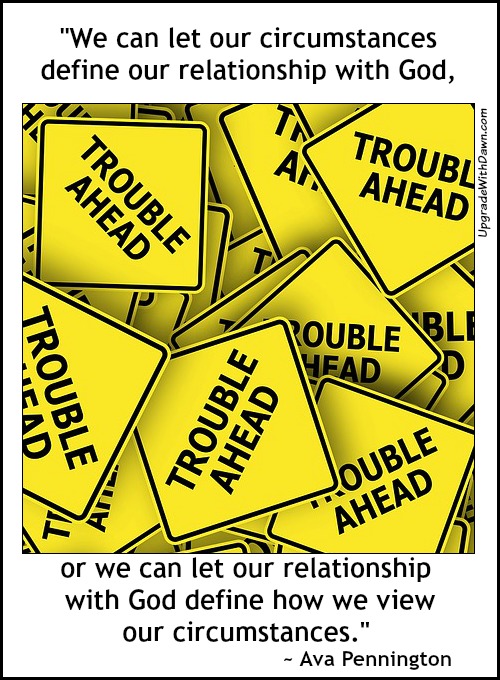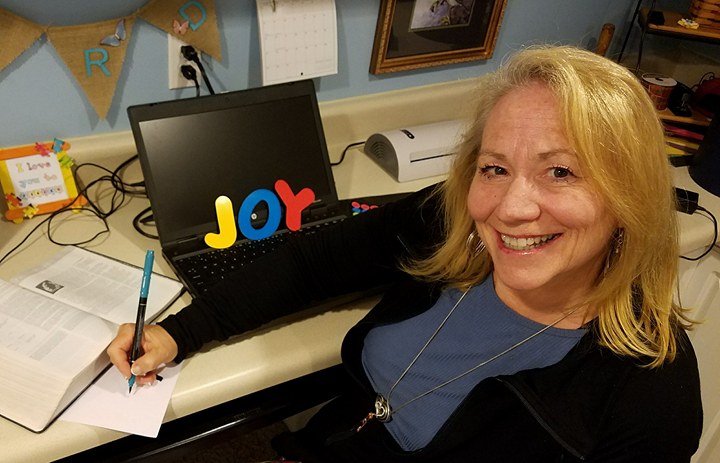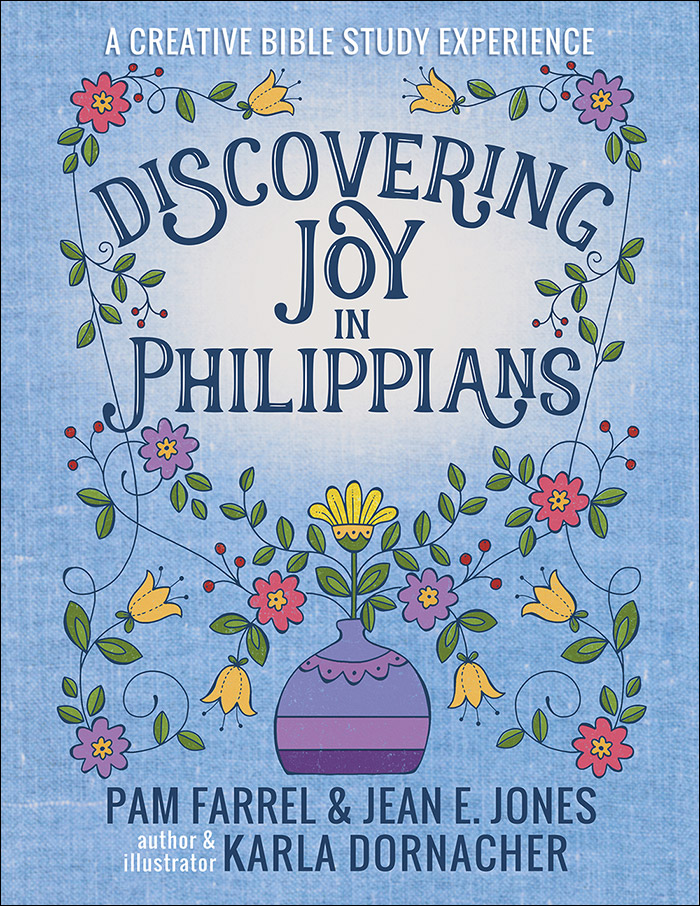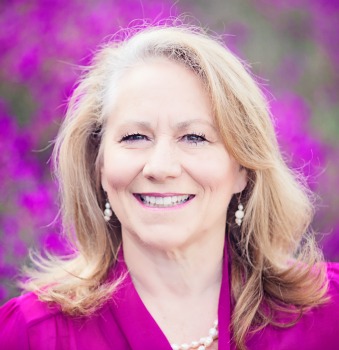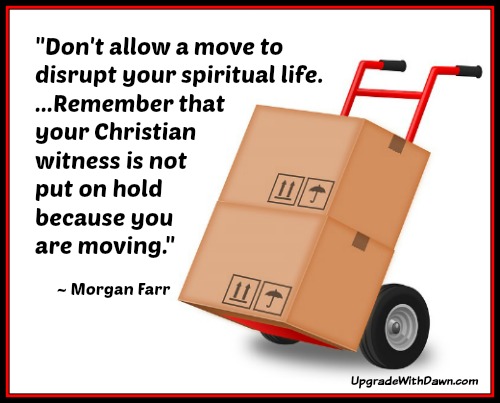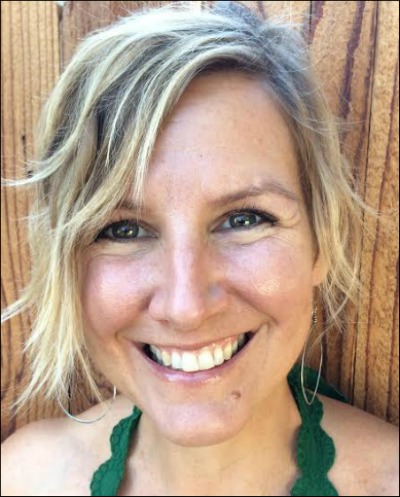Clear Your Hardened Spiritual Arteries
Kathy Collard Miller writes much about the heart, because she wants people to have a right heart with God. In this Biblical Thinking UPGRADE, she focuses on the problem of bitterness, and God's solution, forgiveness.
 "Unforgiveness gives us hardening of our spiritual arteries," Kathy says. "God wants only the best for us, so he says, 'Forgive!'"
"Unforgiveness gives us hardening of our spiritual arteries," Kathy says. "God wants only the best for us, so he says, 'Forgive!'"
I (Dawn) know from experience the "hardening" of an unforgiving heart. I also know how forgiving my offender released me from the prison of bitterness. Kathy's personal story describes the power of living life God's way.
Kathy continues . . .
I knew my heart had hardened toward my father-in-law. His commitment to another religious viewpoint kept him occupied when we visited, and he constantly, angrily debated his ideas with us. He could go on and on about his beliefs without ever being willing to hear anything we said.
I felt frustrated. Without realizing it, I believed I had to protect my heart by becoming bitter.
I could never think of anything he did right, only his faults whether we were visiting him and my mother-in-law or not. I focused on his lack of care for his son and his grandchildren.
Although he gave some attention to our children, I longed for him to be a patient and encouraging grandfather investing in their spiritual growth.
It appeared to me he only represented his view of God as mean and spiteful.
I knew my responses weren’t representing God well either, but I felt trapped in my bitter rehearsing of his faults.
Over time I learned three important truths to set me free from my bitterness and bring joy into our family.
1. Forgiveness is a choice, not a feeling.
At times, I tried to forgive him. I knew my hard heart wasn’t helping the situation and didn’t help my young children either—supposedly the very ones I was so concerned about.
I forced myself to think, “Don, I forgive you,” but later, the old feelings surfaced again. I concluded I hadn’t really forgiven him.
Eventually, I realized I had made a conscious choice to forgive him and that is forgiveness.
Feelings are fickle and will return. It doesn’t mean I hadn’t forgiven him.
2. We can be motivated to cooperate with God's call of forgiveness when we really understand it’s God’s plan for our good.
God doesn’t want us to forgive because he wants us to be hurt again.
Forgiveness doesn’t mean we are obligated to allow someone to continue to hurt us. Forgiveness can involve boundaries and loving strength to speak the truth in love (Ephesians 4:15).
The reason God says forgiveness is for our good is because we are set free from having another person control us.
After all, if we are constantly negatively rehearsing the way they hurt us, then we aren’t thinking about the wonderful parts of our lives and God’s love for us.
3. We can forgive because God has forgiven us far more than the hurt from another person.
We don’t deserve God’s forgiveness. But Jesus’s death made God’s forgiveness possible, because He paid the debt we owed. God’s loving graciousness declares we are in His forever family and set free from our sins. We can’t earn that by being good; it’s a free gift.
Colossians 3:13 inspires us: “Bear with each other and forgive one another if any of you has a grievance against someone. Forgive as the Lord forgave you.”
Gratitude for God’s unearned and undeserved love can motivate us to release punishing someone else.
As God continued over time to help me with these truths, my anger toward Don diminished and I could more easily make that choice to stop rehearsing his faults.
He even turned from his erroneous thinking and returned to true faith in Jesus as his Savior and Lord when he was 83. He became a different person of love and joy.
Although he never acknowledged how he had hurt our family, including my husband’s mom, we knew his hugs loved us authentically.
After he had a sudden brain aneurism at age 90 and lay in the hospital dying, I was able to read him the letter of forgiveness I’d written him.
I doubt he heard me, but I knew God had heard my heart’s cry and released me totally from the bitterness I had harbored.
I also included in the letter the ways he had loved his family, though they had seemed so insignificant over the years. Just as I fail, he couldn’t be perfect. That helped me see the good parts of our family dynamics.
Today, I know the power of forgiveness, which clears our hardened spiritual arteries.
Who is God calling you to take an initial conscious step to forgive? Ask God to help you make that decision.
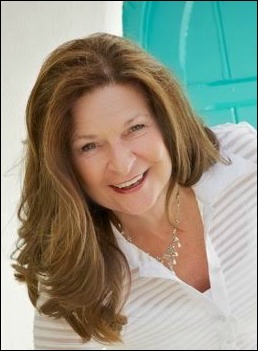 Kathy Collard Miller is a wife, mom, and grandma who speaks and writes about God’s work in her life, family, and marriage. She has authored 54 books
Kathy Collard Miller is a wife, mom, and grandma who speaks and writes about God’s work in her life, family, and marriage. She has authored 54 books  including Pure-Hearted: The Blessings of Living Out God’s Glory. She lives in Southern California with her husband, Larry, of 49 years. For more information about Kathy, visi www.KathyCollardMiller.com.
including Pure-Hearted: The Blessings of Living Out God’s Glory. She lives in Southern California with her husband, Larry, of 49 years. For more information about Kathy, visi www.KathyCollardMiller.com.
Graphic adapted, courtesy of Giralt at Pixabay.
 1 Comment → Posted on
1 Comment → Posted on  Tuesday, June 11, 2019 at 10:00AM
Tuesday, June 11, 2019 at 10:00AM  Bitterness,
Bitterness,  Forgive,
Forgive,  Forgiveness,
Forgiveness,  Hard Heart,
Hard Heart,  Hardened Spiritual Arteries,
Hardened Spiritual Arteries,  Kathy Collard Miller,
Kathy Collard Miller,  Root of bitterness,
Root of bitterness,  Upgrade with Dawn Upgrade Your Life
Upgrade with Dawn Upgrade Your Life  Attitudes,
Attitudes,  Biblical Thinking
Biblical Thinking 




